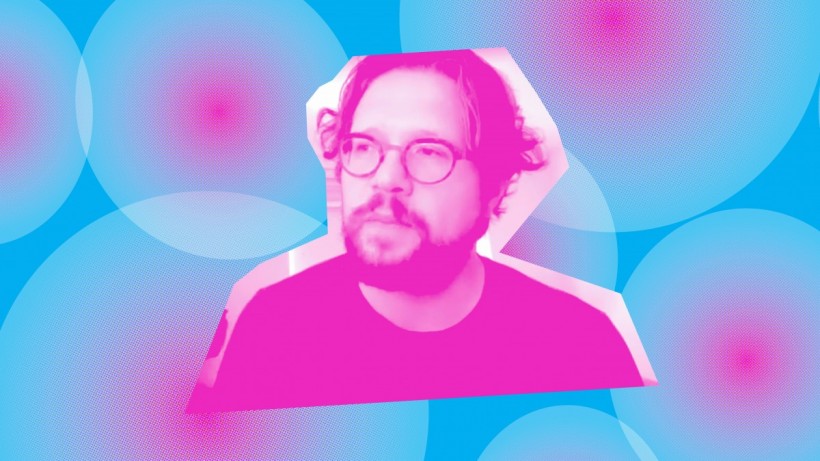Political power is plague power

What can the experience of the COVID-19 pandemic tell us about the nature of the state? And what insights can we gain from a critical reflection on the state in terms of imagining collective strategies through and out of our current crisis?
In this video interview, philosopher and critical theorist Alberto Toscano digs into the history of the modern Western state and the political theories that have tried to legitimate it to suggest that political power as we know it is "plague power".
For centuries, the state has justified its existence and sovereignty in terms of public health. But who makes up the public, and how or when its freedoms might be curtailed, has always been a matter of debate. Revealing the origins of the state's legitimacy in the menace to its citizenry of plagues and pandemics can shed light on why progressive commentary is so often torn between demanding a rigorous and timely public health response, on the one hand, and a liberticide expansion of control powers, on the other. We desire the state, but we also fear and hate it—sometimes at one and the same time.
As a possible way out of this deadlock, Toscano suggests we turn to histories of community responses to epidemiological crises that don't begin with the demand that the state act for us, but rather with forms of self-organisation, from the Black Panthers survival programs to grassroots responses to Ebola in West Africa.
Read more in Toscano's chapter in Sick of the System: Why the COVID-19 Recovery Must be Revolutionary.

_600_956_90.jpg)